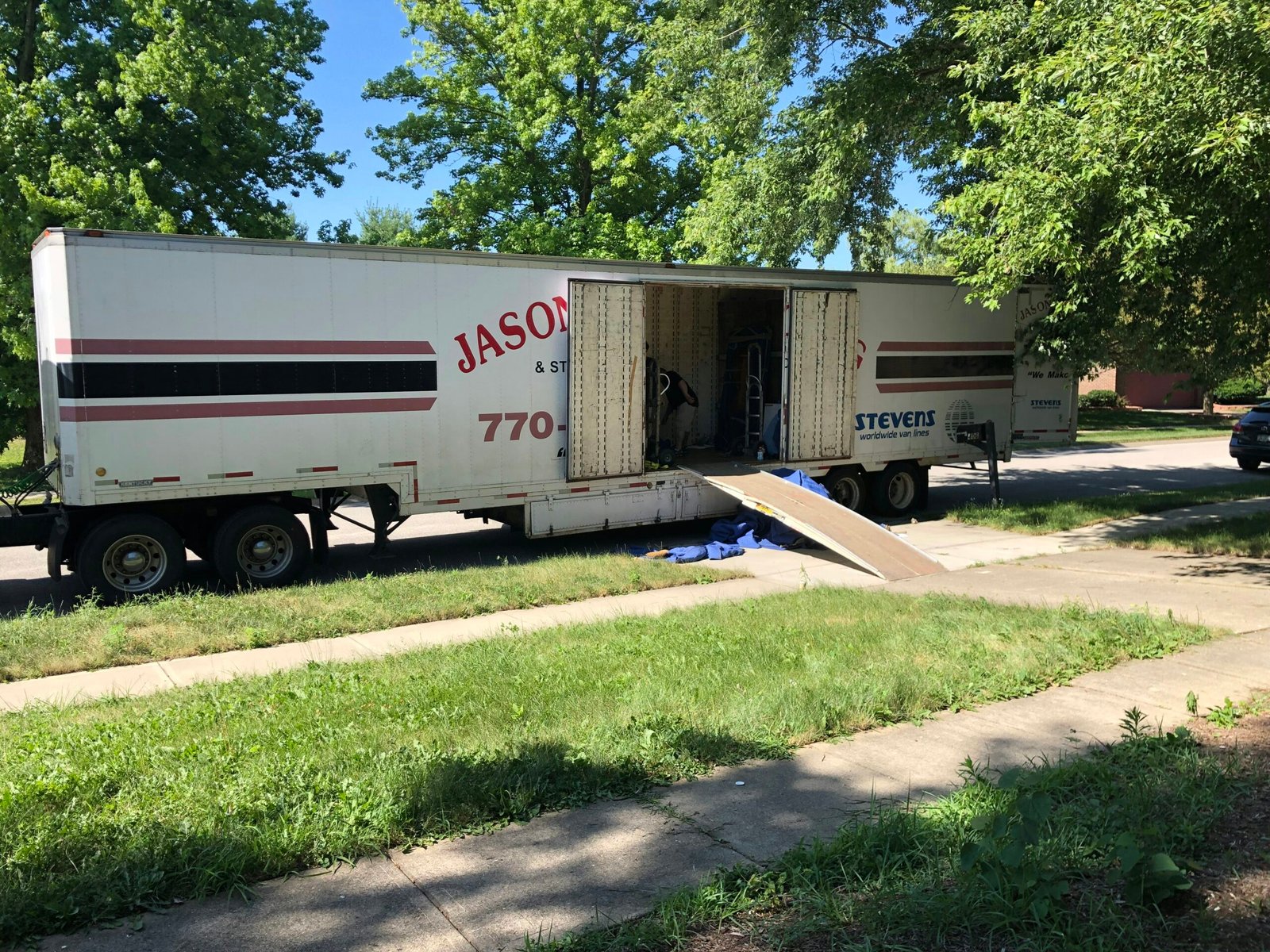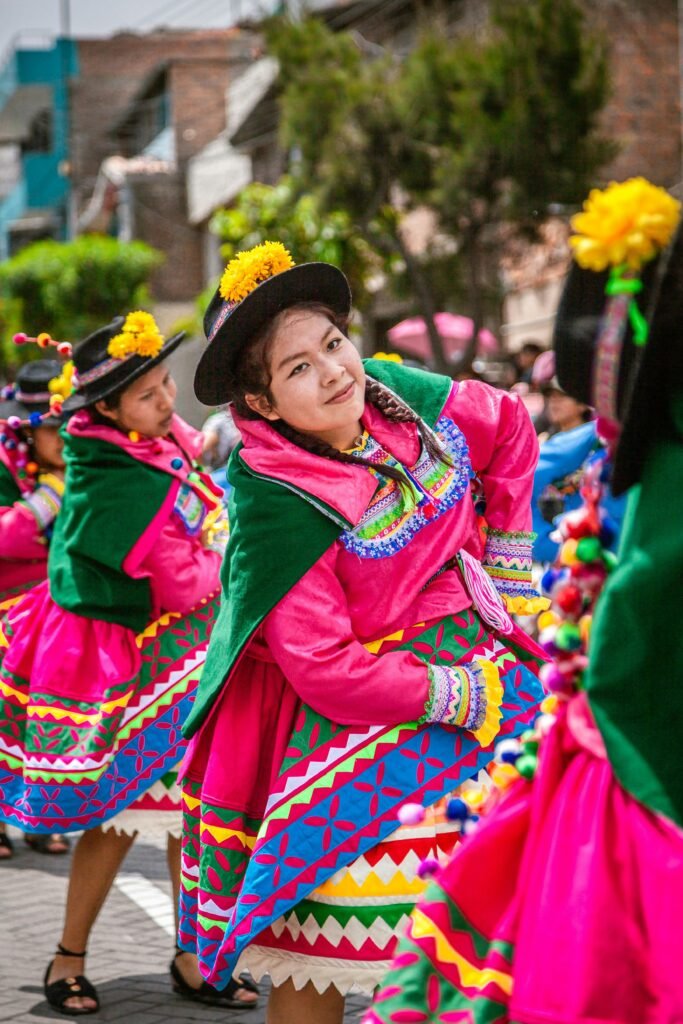Introduction to Settling In
The first 24 hours in a new country are pivotal in shaping your overall experience. This timeframe comes with a blend of excitement and anxiety as you navigate unfamiliar surroundings, customs, and languages. A successful transition during these early hours can set a positive tone for your entire stay, helping you adapt more quickly to your new environment. Understanding the importance of this initial period is essential for anyone looking to settle in seamlessly.

Upon arrival, you will likely go through various emotions, from exhilaration at the prospect of new adventures to the challenge of overcoming cultural differences and language barriers. These initial feelings can be heightened by jet lag and fatigue, so it’s crucial to prioritize settling in effectively. Start by familiarizing yourself with the immediate area—knowing where essential services are located, such as grocery stores, hospitals, and public transport, will help you feel more grounded.
Connections with locals can significantly enhance your settling-in process. Engage with people in your new community to gain insights about cultural norms and everyday life. This interaction not only assists in acclimatizing you to your surroundings but also helps in forging friendships that can alleviate feelings of isolation. Additionally, seeking out community groups or events can provide opportunities to meet others, further embedding you in your new locale.
Ultimately, the first 24 hours are crucial for establishing a foundation in a new country. By prioritizing your adaptation to the local culture and environment, you will enhance your ability to feel at home and enjoy the experiences that await you. Embracing this initial journey allows for a smoother transition into the rich tapestry of life that your new setting promises to offer.
Finding Food: A Culinary Adventure
One of the most significant aspects of settling into a new country is exploring its local cuisine. Food serves as a reflection of a culture, with each dish telling a story about the people and their traditions. To fully immerse yourself in this culinary adventure, begin by visiting local markets. These vibrant hubs often showcase the freshest ingredients, regional specialties, and traditional food products. Engaging with local vendors not only allows you to discover unique flavors but also offers the opportunity to chat about the origins and uses of various ingredients, deepening your understanding of the culture.
As you wander through market aisles, don’t hesitate to ask locals for recommendations. Residents often have insider knowledge about hidden gems that may not appear in guidebooks. Look for busy stalls and ask vendors for their specialty dishes. This interaction not only provides insight into the best local offerings but also helps build connections within the community, making you feel more at home.

To facilitate these discussions, familiarizing yourself with essential phrases in the local language can prove invaluable. Simple inquiries like “What do you recommend?” or “What is this dish made of?” can lead to rich conversations about food. Additionally, learning common food-related vocabulary will aid in ordering meals at restaurants or street food stalls, ensuring that you get to savor the full range of local flavors.
Taste-testing local cuisine is not merely an act of eating; it is a cultural exchange and an integral part of your experience in a new environment. Each bite can reveal historical influences, local ingredients, and traditional preparation methods, providing a deeper appreciation for the culinary landscape. Embrace this opportunity to explore and enjoy your new home through its food, connecting with its people and culture in a profound way.
Understanding Local Transportation
Upon arriving in a new country, mastering the local transportation system can significantly enhance your experience and ease your integration into the community. Depending on the location, various modes of transportation are typically available, including public transit, rideshare services, taxis, and biking options. Each mode presents unique advantages that can cater to different needs and preferences.
Public transportation systems, such as buses and subways, are often the backbone of urban mobility. Before using these services, newcomers should familiarize themselves with the routes and schedules. Most cities provide detailed online resources, including maps and timetables, that can guide you through navigating the system. Purchasing a transportation pass or card can be beneficial, as it often results in discounted fares and can be used across various public transport options. Additionally, mobile apps are frequently available, allowing users to plan journeys in real-time and receive alerts about any service changes.

Rideshare services like Uber and Lyft have become increasingly popular for those who may feel overwhelmed by public transit. These platforms are user-friendly and often provide an alternative means to reach your destination swiftly. Newcomers should be aware of the local regulations regarding ridesharing, as there may be specific guidelines or requirements that differ from those in their home country.
For the environmentally conscious or those seeking a more active commute, biking can be an excellent option. Many cities now offer bike-sharing programs, providing a convenient way to explore neighborhoods while promoting eco-friendly practices. It is advisable to research local cycling rules and any required safety gear before starting your journey.
In conclusion, understanding local transportation is critical for navigating a new environment confidently. By utilizing the available resources and remaining open to various modes of transit, newcomers can enhance their mobility and fully immerse themselves in the local culture.
Meeting People: Making Connections
One of the most essential aspects of settling into a new country is establishing connections with local residents. Socializing not only enhances your experience but also fosters a sense of belonging. Engaging with the local community can lead to meaningful friendships and insights into the culture you are now a part of. Therefore, it is advisable to actively seek out opportunities to meet new people from your very first day.
Participating in community events is a great starting point. Whether it’s a local festival, a farmers market, or a neighborhood clean-up, these gatherings provide excellent opportunities to interact with locals who share similar interests. You might find yourself immersed in the community, discovering not only the culture but also forging connections that can make your transition smoother.
Another effective way to meet people is by attending language exchange meetups. These events cater to individuals keen on improving their language skills while helping others learn. Not only does this help in overcoming language barriers, but it also presents a relaxed atmosphere for conversation. Engaging in such meetups allows for shared learning experiences that can lead to lasting friendships.
Additionally, leveraging social media can provide avenues for connection. Platforms like Facebook, Meetup, or even Instagram can lead you to groups that focus on shared hobbies, cultural exchanges, or specific interests pertinent to your new location. Once you’ve joined a few local groups, initiating conversations is crucial. Consider starting with open-ended questions to spark discussions, thereby making interactions enjoyable and memorable.
In conclusion, meeting people and making connections is vital when settling into a new country. By taking the initiative to engage with locals through events, meetups, and social media, you will enrich your experience and pave the way for a smoother transition into your new environment.
Getting Acquainted with Local Customs
Understanding local customs and etiquette is crucial for anyone transitioning to a new country. Engaging with the cultural norms not only facilitates smoother interactions but also aids in forging meaningful connections within the community. Each country possesses unique social behaviors that reflect its history and values, and taking the time to learn about these can significantly enhance the experience of newcomers.

One of the first aspects to consider is greetings. Different cultures have distinct approaches to salutations, ranging from handshakes to bows or cheek kisses. For instance, in many Western countries, a firm handshake is a sign of confidence and respect, whereas in some Asian cultures, a bow signifies politeness and humility. Observing how locals interact can provide valuable insights into acceptable practices and help newcomers avoid unintentional faux pas.
Dining etiquette is another critical area where understanding local customs can prove beneficial. This can encompass everything from how food is served to the manner in which meals are consumed. In some cultures, it is customary to eat with one’s hands, while others may emphasize the use of specific utensils. Moreover, knowing whether to wait for the host to start eating or to share meals communally can profoundly impact the dining experience. Being aware of these nuances allows newcomers to participate comfortably and respectfully in local dining settings.
Social behaviors also play a vital role in fitting in. For example, in many cultures, engaging in small talk is an essential part of social interaction, while in others, such directness may be considered intrusive. By observing and adapting to the expected social norms, newcomers can demonstrate respect and appreciation for the local culture, ultimately paving the way for positive relationships and a feeling of belonging.
Learning the Language Basics
One of the most effective ways to settle into a new country is by learning the language basics. Mastering key phrases and fundamental language skills can significantly enhance your ability to communicate and foster connections with local residents. As you begin this journey, focus on acquiring essential vocabulary that pertains to everyday situations such as greetings, directions, dining, and shopping. This foundational knowledge not only bolsters your confidence but also demonstrates respect for the local culture.
Language learning apps have emerged as valuable tools for newcomers, offering interactive and engaging methods to acquire a new language. Popular applications such as Duolingo, Babbel, and Rosetta Stone provide bite-sized lessons tailored to beginners, making it convenient to practice during spare moments. By utilizing these apps daily, you can strengthen your understanding and pronunciation of the language without feeling overwhelmed. Additionally, many apps feature built-in pronunciation guides and visual aids that further facilitate learning.
Taking quick classes or workshops can also significantly enhance your language acquisition experience. Many community centers and language schools offer short-term courses designed for newcomers. These classes not only provide structured learning but enable you to interact with other learners, creating a supportive environment for practice. Furthermore, engaging with your peers can facilitate discussions that delve into cultural nuances, enriching your understanding of the language.
Lastly, practicing with locals is an invaluable strategy that can accelerate your learning process. Don’t hesitate to engage in conversations with native speakers, even if you feel your skills are limited. Most locals appreciate the effort and are often willing to help you improve. Consider participating in language exchange meetups or social gatherings; these opportunities allow you to practice speaking in real-world scenarios and become more integrated into the local community. By prioritizing language learning, you will not only ease your transition into your new environment but also enrich your overall experience in the country.
Exploring the Neighborhood: Familiarizing Yourself with Your Surroundings
Upon arriving in a new country, one of the most rewarding activities is to explore your neighborhood. This process not only helps you become acquainted with your surroundings but also allows you to begin feeling at home. Start with a leisurely walk around your local area. Walking provides an opportunity to absorb the environment at a comfortable pace, allowing you to take in sights, sounds, and smells unique to your new setting. Pay attention to the architecture, the layout of the streets, and the general atmosphere.
During your exploration, make it a point to visit nearby shops and markets. Local businesses often reflect the culture and personality of the neighborhood. Whether it’s a quaint café, a bustling grocery store, or a unique boutique, these establishments can offer valuable insights into daily life in your new country. Don’t hesitate to engage in conversation with shopkeepers or locals; they can provide tips and recommendations that will enhance your understanding of the area.
Parks and community spaces are also essential to explore. These areas often serve as gathering spots for residents and provide a glimpse into local leisure activities. Whether it’s a serene park with walking paths or a community center hosting events, these spaces encourage social interaction and can facilitate connections with others. Participating in or observing local happenings can help you integrate into the community, as well as offer a sense of belonging.
In conclusion, taking the time to familiarize yourself with your new neighborhood is invaluable. By walking, visiting local shops, and enjoying parks or community spaces, you will cultivate a sense of comfort and familiarity in your new environment, setting the stage for a smooth transition into your new life. Embrace the adventure of discovering your surroundings, and you will soon feel like a local in no time.
Establishing a Routine: Settling In
Settling into a new country can be both exhilarating and overwhelming. One of the most effective strategies to create a sense of belonging is to establish a daily routine that seamlessly integrates local experiences. A balanced routine not only provides structure to your day but also allows you to explore your new environment meaningfully.

To start, aim to allocate specific times for exploration and rest. It is vital to strike a balance between discovering your new surroundings and allowing yourself time to recuperate from the stresses of relocation. Try setting aside a few hours each morning or afternoon specifically for exploring the city—whether that means visiting local markets, museums, or parks. This commitment to discovery ensures you are actively engaging with local culture, enhancing your overall experience.
Integrating local customs into your routine further deepens your connection to your new home. Consider incorporating traditional meals into your diet, learning basic phrases in the local language, or participating in community events. Such practices not only enrich your personal experiences but also foster interactions with the locals, helping to build a supportive network.
Setting achievable goals for each day can cultivate a sense of productivity and direction. These goals could be as simple as trying a new dish, chatting with a local resident, or visiting a landmark. By focusing on small, attainable objectives, you will find a sense of accomplishment that positively reinforces your journey in this new environment.
Creating a daily routine that combines exploration, local customs, and achievable goals becomes an essential element in your transition to life in another country. Over time, this structure can contribute to your comfort and enjoyment as you adapt and grow within your new community.
Reflecting on the Experience: Embracing the Journey
Moving to a new country can be a profound experience filled with excitement and uncertainty. The first 24 hours in this unfamiliar environment serve as a foundation for the journey ahead. Reflecting on these initial moments not only helps to internalize the experience but can also provide guidance for future interactions in the new culture. Newcomers are encouraged to take a moment to pause and absorb what they have encountered, from the sights and sounds of the streets to the warmth of the local community.
One effective way to capture these experiences is by maintaining a journal. Writing down thoughts and feelings while they are still fresh can be invaluable. It serves as an ongoing record of one’s emotional journey and milestones, providing insights into personal growth throughout the adaptation process. This reflective practice can enhance emotional well-being and enable individuals to process the changes occurring around them.
Additionally, creating a memory scrapbook can further enrich this practice. Collecting photographs, ticket stubs, or local maps alongside notes can serve as tangible reminders of the experiences that have shaped one’s initial days in the new country. This visual documentation allows for an artistic expression of the milestones reached and can be a source of inspiration during challenging moments in the transition period.
Embracing the experiences of the first 24 hours with an open heart and mind lays the groundwork for future adventures. By valuing these initial encounters, newcomers can cultivate a sense of belonging and appreciation for their new environment. This attitude will not only contribute to a smoother adjustment but will also enhance the overall journey in this new chapter of their lives. Cherishing these moments is essential as they reflect the broader narrative of personal adventure and discovery.
